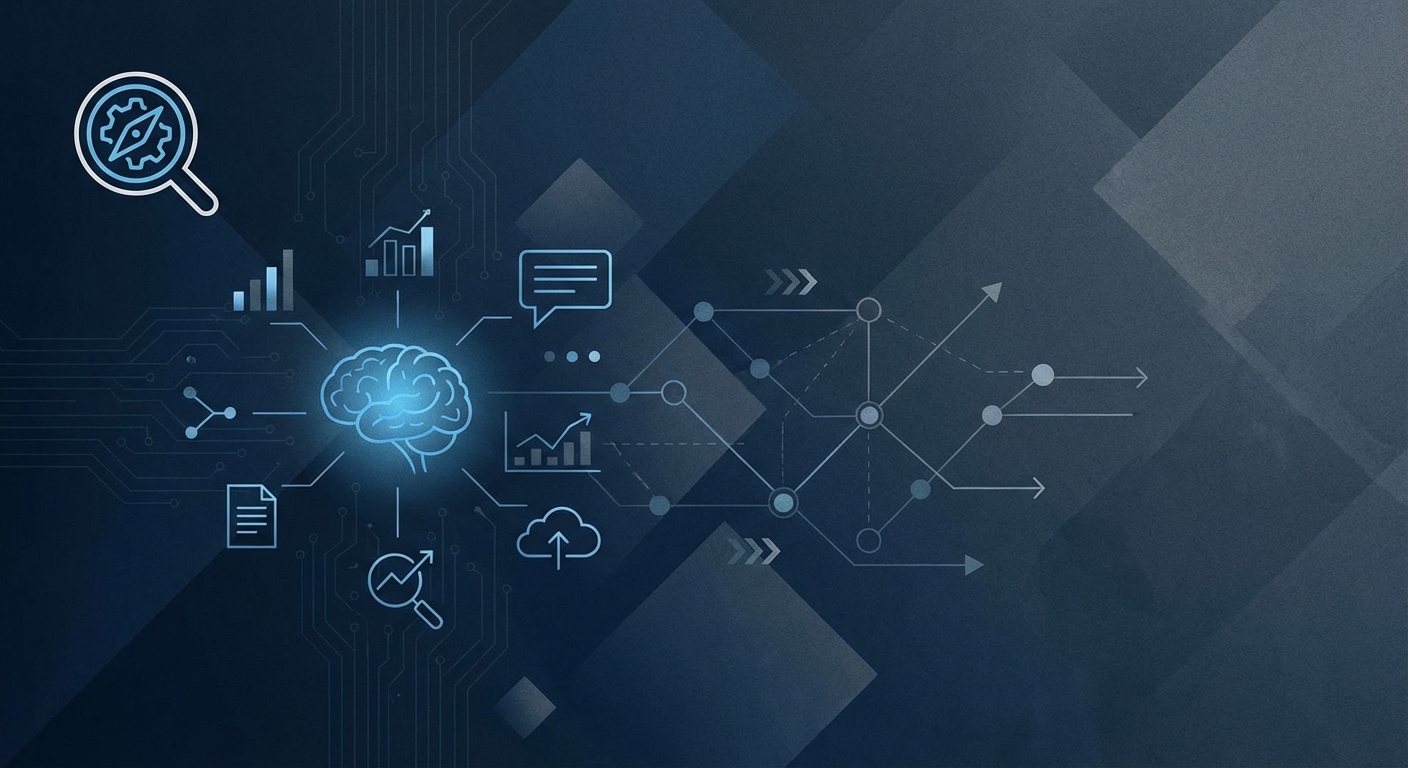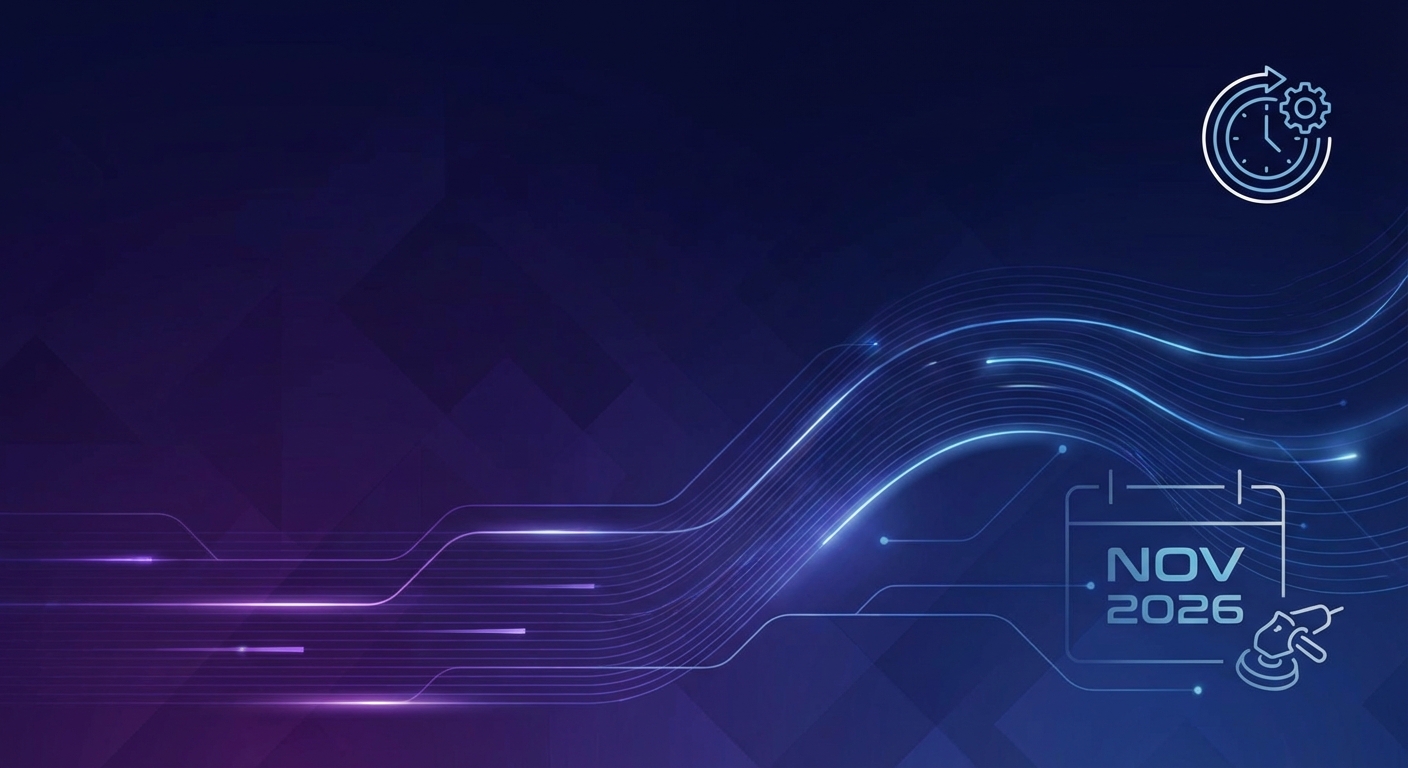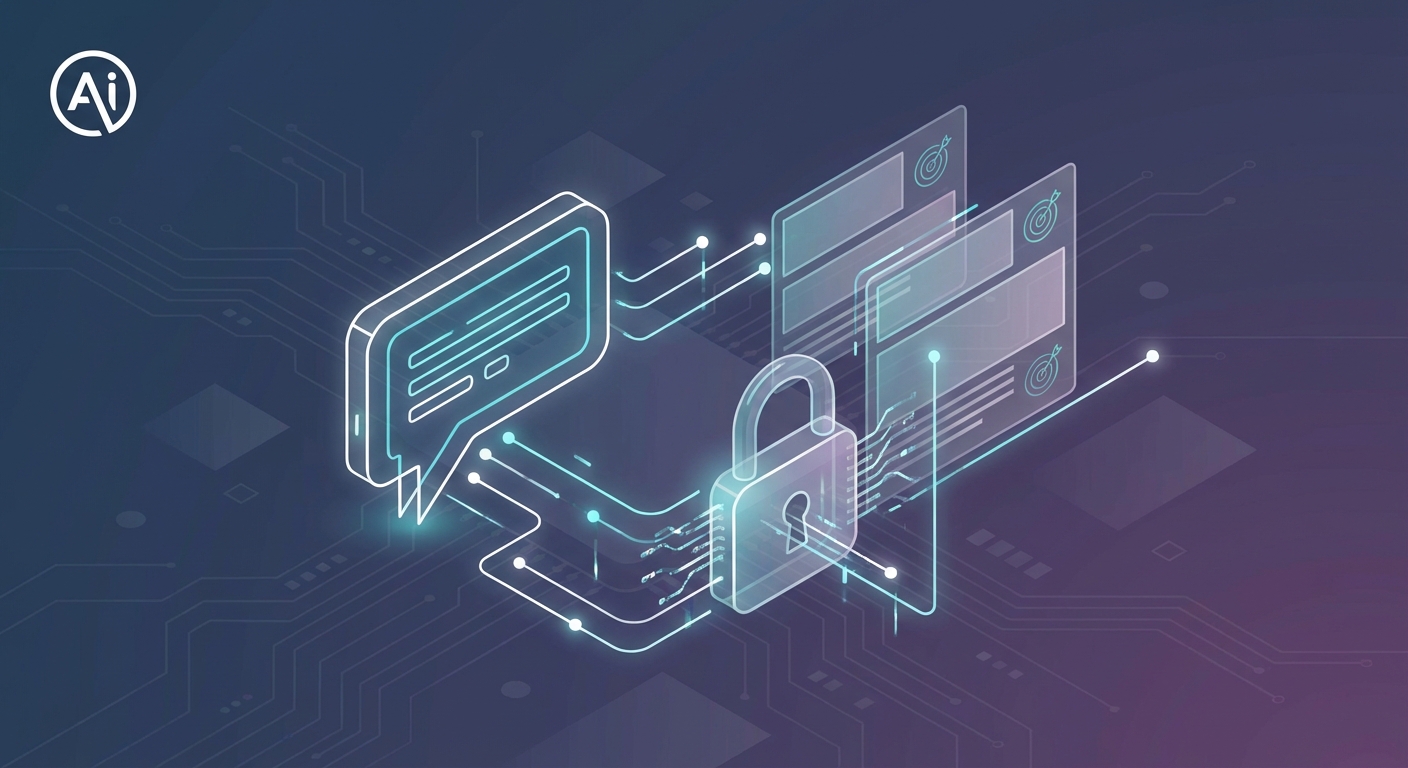Gmail Users Warned of Major Security Risks After Database Hack
A hacker group known as ShinyHunters has reportedly accessed Google’s Salesforce database systems, endangering approximately 2.5 billion Gmail users. The breach involved the exposure of basic business contact information but did not include passwords. Google clarified that this data leak is separate from ongoing phishing attacks targeting Gmail users.
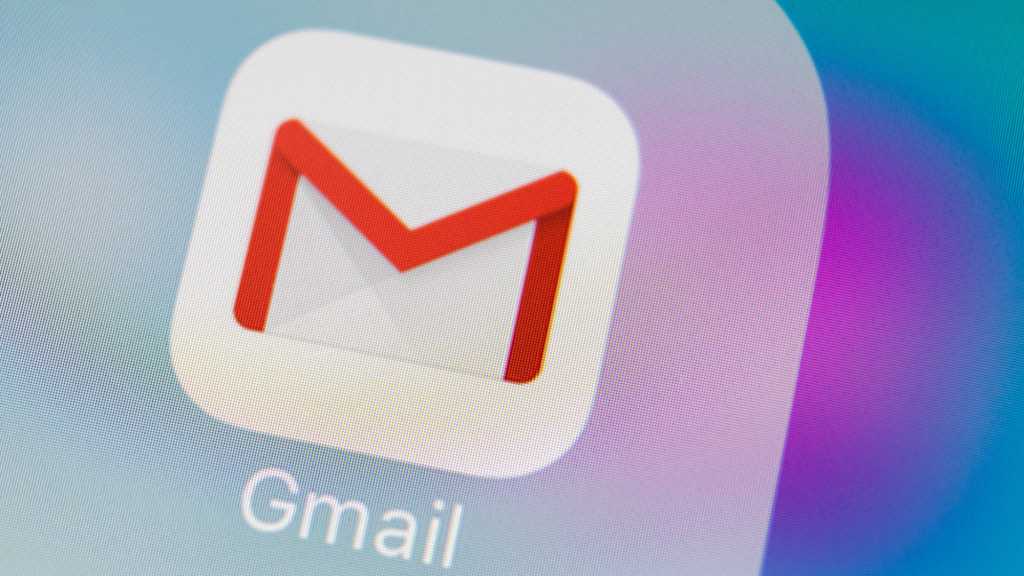
Image courtesy of PCWorld
Google emphasized that the leaked data consists of “a limited set of basic business contact information used to communicate with potential advertisers.” However, hackers are leveraging this information to launch phishing attacks, pretending to be Google employees in an effort to gain access to user accounts. Reports indicate that initial phishing attempts have been observed on platforms like Reddit.
Phishing attempts include fake phone calls claiming to be from Google, notifying users of a security breach and urging them to reset their accounts. Attackers may also utilize “dangling buckets,” which are outdated access addresses, to steal data or inject malware into Google Cloud services. The threat extends to both corporate and individual users.
For additional insights, see: Google News and PCWorld.
Protecting Yourself Against Phishing
To mitigate the risks posed by the recent phishing attempts, Google recommends several security measures:
Utilize Google’s Security Checkup to identify vulnerabilities in your account.
Activate Google’s Advanced Protection Program for enhanced security.
Consider using passkeys instead of passwords to improve protection against unauthorized access.
Remain vigilant against unsolicited communication, especially from individuals claiming to be Google support staff.
For more information on security measures, visit Google’s blog on security.
Rising Threat of Sophisticated Phishing Campaigns
A new wave of phishing campaigns has emerged, targeting over 3 billion Gmail users with sophisticated techniques. These attacks use legitimate-seeming emails that imitate Google's security alerts and employ OAuth apps to bypass traditional security measures.
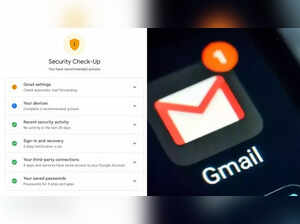
Image courtesy of The Economic Times
Google has advised users that if their accounts are compromised, they have a seven-day window to recover them, even if recovery information has been altered. Recovery can be initiated through previously set up recovery email addresses or phone numbers.
Additionally, Google urges users to utilize passkeys and security keys, which provide better protection compared to traditional passwords. These measures are critical as phishing attempts become increasingly sophisticated.
For further reading, see The Economic Times and PCWorld.
AI-Powered Phishing Threats
Cybersecurity experts have issued warnings about a recent phishing scam targeting Gmail users, utilizing AI technologies to enhance its effectiveness. Attackers are employing AI to craft convincing emails and robocalls that mimic legitimate communications from Google.
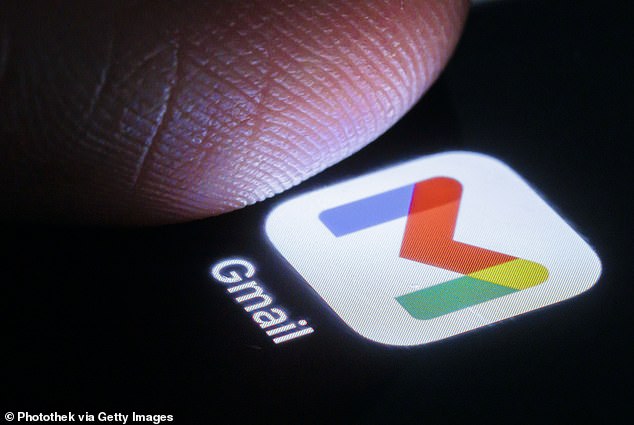
Image courtesy of Daily Mail Online
The scam involves users receiving phone calls alerting them to suspicious account activity, followed by emails with links to fraudulent sites designed to capture login credentials. Experts emphasize the importance of not clicking on suspicious links and verifying the authenticity of communications before providing any personal information.
For more information on AI in phishing campaigns, refer to Malwarebytes and FBI warnings.
Best Practices for Gmail Security
To bolster security against these ongoing threats, Gmail users are advised to:
Verify the sender's email address carefully, looking for typos or unusual domain extensions.
Be cautious of urgent language in emails that may push you to act impulsively.
Avoid clicking on links or downloading attachments from unknown sources.
Utilize Gmail’s ‘Report Phishing’ feature to help improve security measures.
Enable two-factor authentication (2FA) to add an extra layer of security.
For more details on protecting your Gmail account, visit Gmail Help Center and eSecurity Planet.



